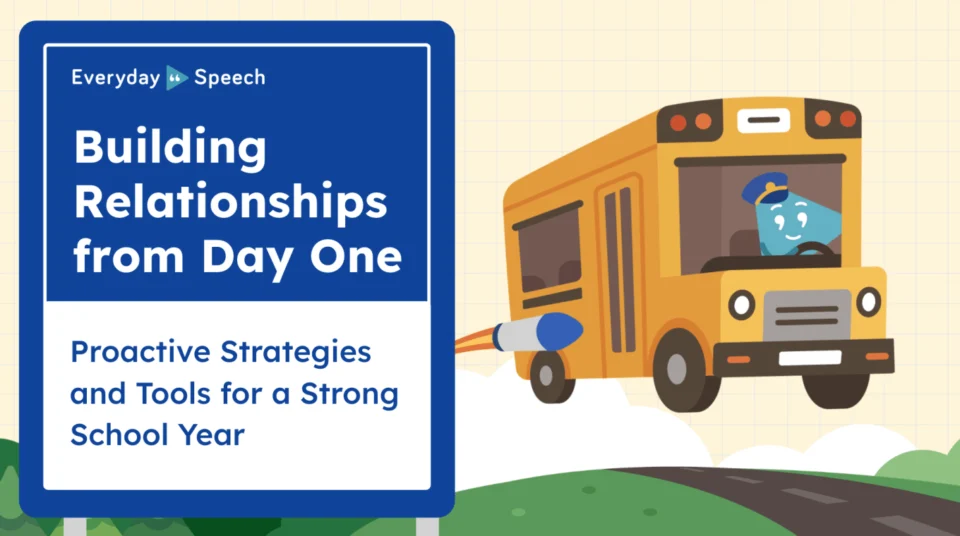Teaching the Importance of Following Rules in Games for Kindergarten Students
Get free social skills materials
No-prep lessons on self-regulation, emotional recognition, conversation skills, and more.
Sign up hereIntroduction
Playing games is an essential part of childhood, and it provides an excellent opportunity for students to develop their social-emotional skills. One crucial aspect of playing games is understanding and following the rules. This blog post will explore the importance of setting fair rules in games and teaching kindergarten students the value of adhering to these rules while playing. We will also discuss a no-prep activity that educators can use to teach this skill, questions to encourage further discussion, and related skills for students to explore.
No-Prep Activity: The Fair Play Game
Introduce this simple activity to your kindergarten students to help them understand the importance of following rules in games. No preparation or materials are required from the educator.
- Divide the students into small groups of 3-5 players.
- Ask each group to come up with a simple game that they can play together. Encourage them to think of games they already know, like “Simon Says” or “Duck, Duck, Goose.”
- Before they start playing, have each group discuss and agree on the rules of their chosen game. Make sure everyone understands the rules and agrees to follow them.
- Allow the groups to play their chosen game for a set amount of time. Observe the students as they play and note any instances where they may not be following the rules.
- After the activity, gather the students together and discuss the importance of following the rules in games. Ask them how it felt when everyone followed the rules, and how it felt when someone didn’t.
Discussion Questions
- Why is it important to follow the rules when we play games with others?
- How did it feel when someone in your group didn’t follow the rules? How did it affect the game?
- What can we do if someone is not following the rules during a game? How can we address the issue while still being respectful and kind?
- How do you think following rules in games can help us in other areas of our lives?
- What are some ways we can ensure that everyone understands and follows the rules when playing games together?
Related Skills
Teaching kindergarten students the importance of following rules in games can also help develop other essential social-emotional skills, such as:
- Cooperation: Working together and following the rules helps students develop their ability to cooperate with others.
- Communication: Discussing and agreeing on rules requires clear and effective communication between all players.
- Respect: Respecting the rules and other players demonstrates an understanding of fairness and consideration for others’ feelings.
- Problem-solving: When conflicts arise, students must use problem-solving skills to address the issue and find solutions that work for everyone.
Next Steps
Now that you have a better understanding of the importance of teaching kindergarten students the value of following rules in games, it’s time to put these ideas into practice. To access free sample materials for teaching this skill and others, visit Everyday Speech’s sample materials page. These resources will help you create engaging and effective lessons that support the development of your students’ social-emotional skills.

